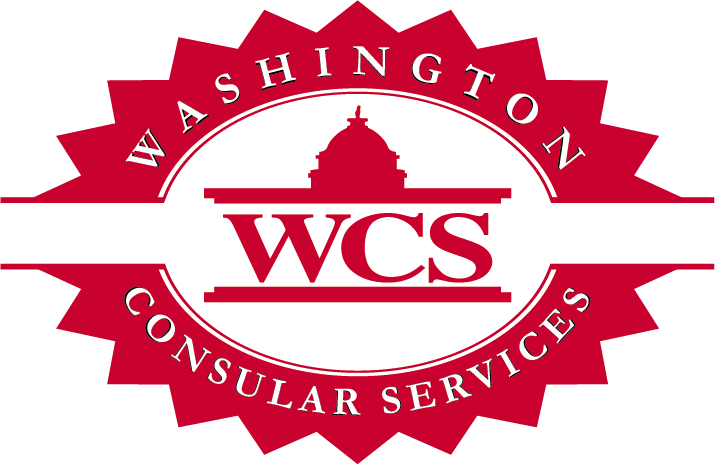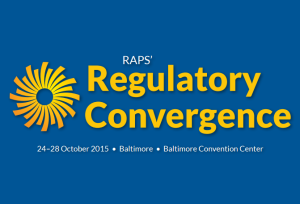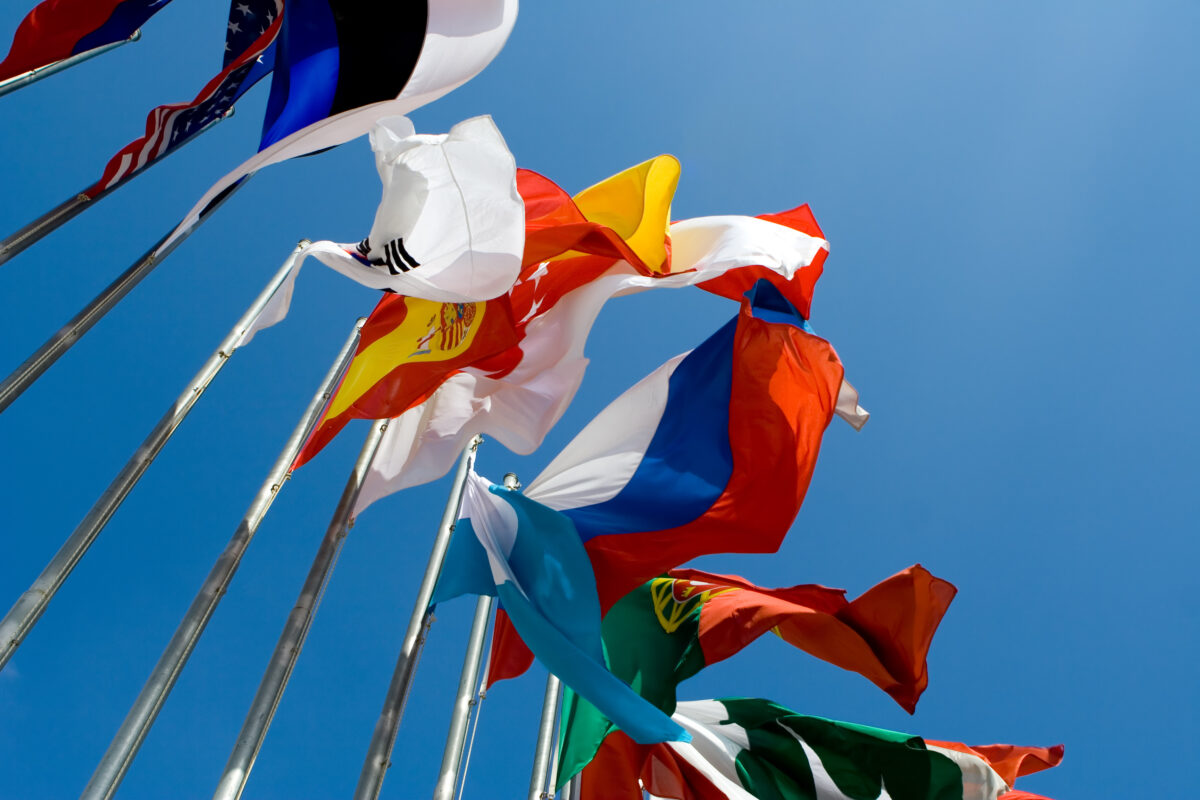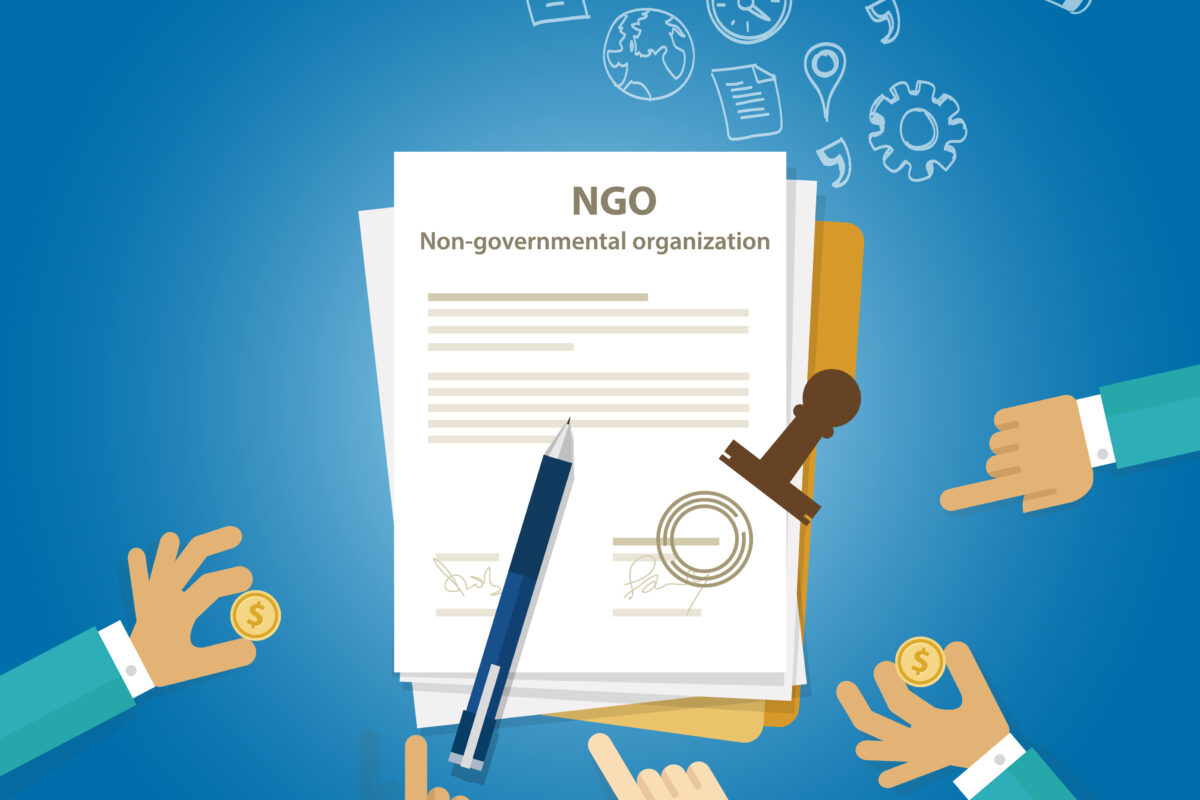The Embassy of Bolivia has just announced a change in procedure for document legalization. All non-government-issued documents, or “General Documents,” must be notarized and certified locally by the Secretary of State of their issue. This procedure is the same for government-issued documents. Examples of General Documents include:
- Powers of Attorney
- Corporate Formation Documents
- Distributorship Agreements
- Company bylaws
- Good standing certificates
- Minutes of board meetings
- Affidavits
- Accreditation letters
- Authorization letters to obtain academic records
- Bar certificates
- Degrees
- Diplomas
- Official transcripts
- Practice licenses for nurses and physicians
- Statements of study major
- Teaching certification
- Verification letters from the registrar’s office
For more information on document legalization for Bolivia, visit the Bolivia country page on our website.





